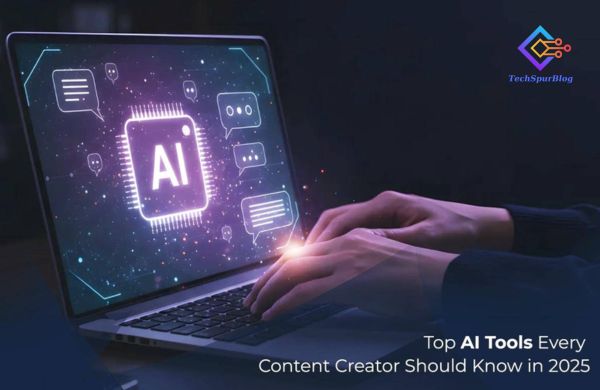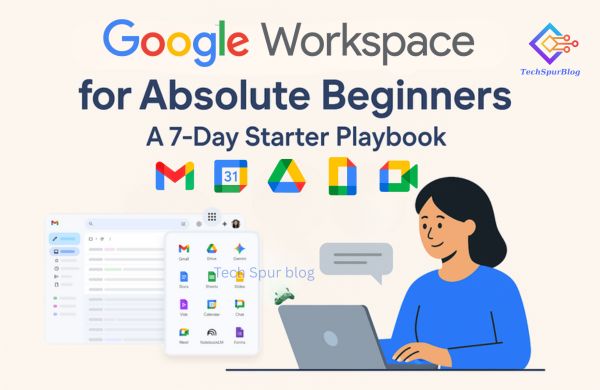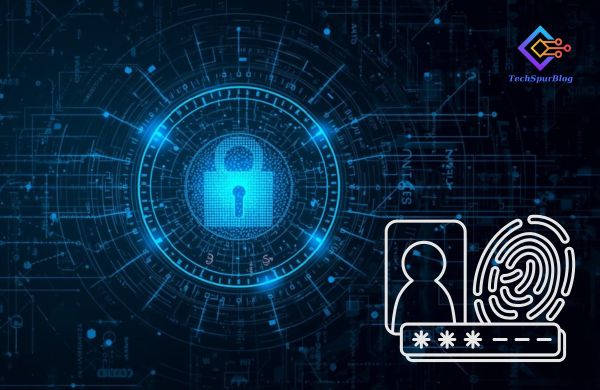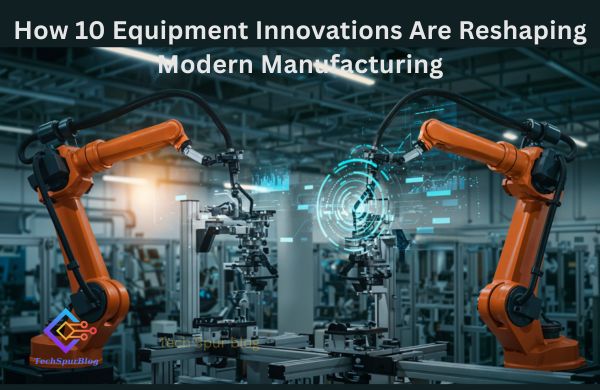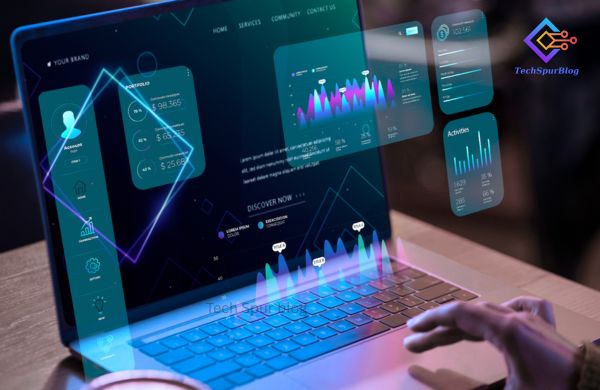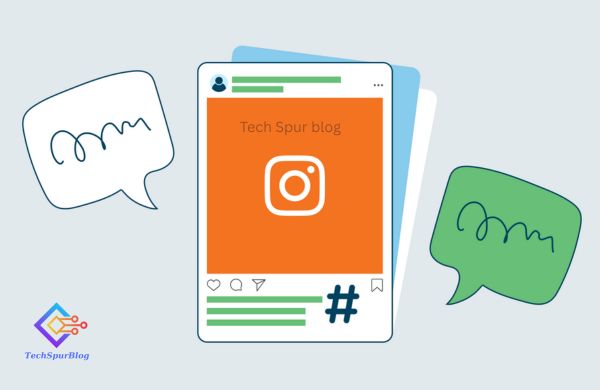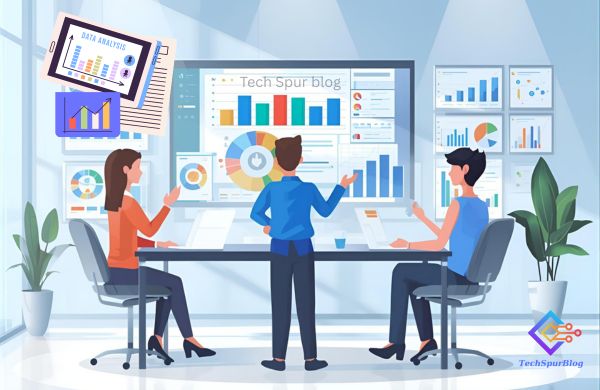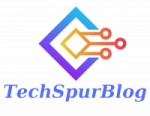In the whirlwind world of human resources, the landscape of talent acquisition is undergoing a seismic transformation. Pursued by the specter of artificial intelligence (AI), HR technology is smart, predictive, and wiser than ever.
In the midst of the furious competition of firms to hire the best talent in a more competitive marketplace, AI-based solutions are transforming the way organizations find, attract, and hire candidates.
It’s not about automation—it’s about building a smarter, nimbler hiring process that adapts to the changing needs of firms and candidates in 2025.
The Evolution of Talent Acquisition
Traditional talent discovery has been accused for years of being reactive, labor-intensive, and biased. Human recruiters, as much as they are needed, can process only a limited amount of resumes, rely heavily on personal judgment, and struggle to identify the best performers among huge numbers of candidates.
The HR digitalization revolution began with applicant tracking systems and job boards, but since I came along, the process has evolved further. The modern recruitment process is now proactive, evidence-driven, and more individualized
Also Read: Paycor: Payroll and HR Software that Automates Payslip Generation
What Is AI-Powered HR Software?
The hiring process is integrated with AI and ML by the AI-based HR system. Predictive analytics and natural language processing (NLP) are occasionally used in AI-based HR software. Unlike legacy tools, such software does not merely store and classify candidate data—it identifies patterns, learns with time, and provides smart suggestions.
Be it shortlisting applicants or predicting the future performance of a candidate, AI-based systems streamline every phase of hiring.
Key features include:
- Resume parsing and smart screening
- Automated job postings and candidate matching
- AI chatbots for first candidate interaction
- Predictive analytics for hiring success
- Bias detection and diversity optimization
Essential Advantages of AI in Talent Sourcing
Enhanced Candidate Sourcing and Screening
AI software sifts through tens of thousands of resumes in seconds and shortlist candidates whose experience and qualifications match job profiles. This reduces the time-to-hire while offering a better fit between the job specification and candidate ability.
Speed Up Recruitment Procedures
From arranging interviews to answering candidate questions, AI performs routine tasks. This enables recruiters to concentrate on strategic work and human interaction, resulting in faster decision-making.
Lower Hiring Bias
Through making resumes anonymous or concentrating on diversity statistics, AI can be instructed to identify and mitigate unconscious prejudice. Consequently, the recruitment procedure is more diversified and inclusive.
Improved Experience for Candidates
AI chatbots respond to questions, offer live support, and assist applicants through the hiring process
Interactions of this nature improve the candidate experience and promote higher acceptance rates.
Data-Informed Choices
AI examines past data to find applicants who have the best chance of succeeding and remaining with the business over time. This enhances hiring quality and lowers turnover.
Also Read: Best 10 HR Software Program applications for tiny Businesses in 2022
AI Throughout the Hiring Funnel
Job Posting Optimization
AI algorithms also recommend keywords, titles, and descriptions that will draw the ideal candidate. They even customize postings according to platform trends.
Resume Parsing and Shortlisting
Systems can extract important information from resumes, compare it to job requirements, and rank applicants according to fit thanks to natural language processing.
Virtual assistants and chatbots
AI-powered chatbots perform initial screenings, gather necessary information, and update candidates. This keeps candidates engaged and accelerates the pre-interview process.
Predictive Analytics
Analyzing characteristics of successful previous hires, AI can predict a candidate’s future performance and cultural alignment.
Video Interview Analysis
Some platforms evaluate facial expressions, speech patterns, and sentiment in video interviews, adding another dimension of insight.
Challenges and Ethical Implications
As much as AI has its benefits, AI in HR is not without challenges:
- Bias in Algorithms: When training data is biased, AI systems can reproduce or even exaggerate such biases.
- Data Privacy: Processing sensitive candidate data necessitates strict adherence to data protection laws.
- Loss of Human Touch: Over-automation can make the hiring process too impersonal unless balanced with human interaction.
Organizations need to select transparent, ethical AI systems and regularly audit algorithms to provide fairness and compliance.
Also Read: BambooHR: Streamlining HR Processes With Cloud-Based HR Solution
In the future, AI in HR will be even more advanced:
- Hyper-Personalization: Recruitment tactics will change in real-time based on each candidate’s profile, likes, and activity.
- Integration with CRM and ERP: Seamless communication between departments will provide improved workforce planning.
- Voice and Sentiment Analysis: Future tools will understand tone, stress, and sentiment to assess candidates more holistically.
- Labor Market Intelligence: Companies will be able to remain competitive in recruiting and compensation using real-time data.
Conclusion
AI-powered HR software is a disruptor, not a fad, as we look to 2025. It makes it possible for businesses to transition from reactive to strategic hiring. From increased velocity and productivity to enhanced diversity and predictability, AI is empowering HR professionals to create stronger, more agile workforces.
In order to continue to be at the front, businesses will have to adopt this change, invest in the correct technologies, and empower their HR professionals with an AI future.
Talent search has ever been about recruiting the right people
Now, thanks to AI, it’s finding them wiser, quicker, and more just than ever before.
FAQs
How shall hiring fare after 2025 in an AI scenario?
Artificial intelligence is in the process of improving, speeding up, and simplifying the hiring procedure: candidates are screened via the automated process, better candidate matches are determined, and potential job performance and retention of candidates are measured.
Can AI serve to engender diversity and minimize bias in the hiring process?
On emphasizing the capability aspect, therefore anonymizing data for the candidates, AI can reduce bias. However, it must be trained on all sorts of objective data so as not to mirror existing biases.
What role do AI chatbots play in the employment procedure?
AI chatbots are the solution that eases and shortens the application process by carrying out pre-screening of candidates, answering frequent queries, scheduling interviews, and following up with applicants.
Is AI effective in determining candidate success?
AI processes historical patterns from previous hires to forecast performance and cultural alignment, providing useful insights, but must augment—not supplant—human judgment.
What are the dangers of applying AI to hiring?
Risks involve data privacy issues, over-automation, decreasing human touch, and algorithmic prejudice. Proper application and periodic auditing are required to ensure ethical utilization.
